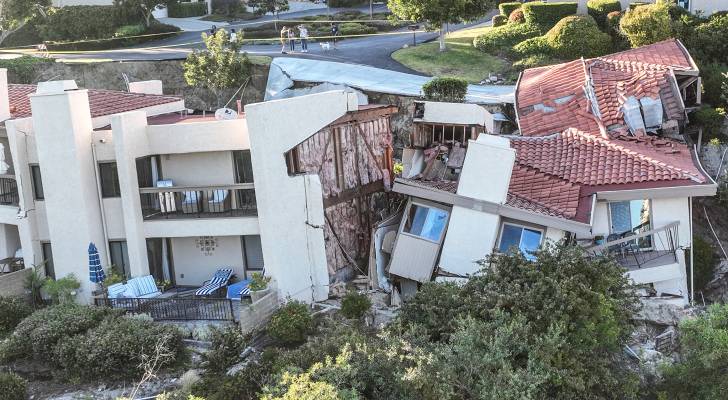Natural disasters like landslides can have devastating impacts on homeowners, even resulting in the complete destruction of their homes. Despite such catastrophic events, homeowners are still obligated to continue paying their mortgages until the balance is paid off. Defaulting on a mortgage can have long-lasting consequences, including extensive credit score damage and difficulty securing new loans or renting another home. Additionally, homeowners may still be responsible for HOA fees even if their home is destroyed, risking foreclosure if these fees are not paid.
While homeowners insurance policies may cover storm damage, natural events like landslides are typically excluded unless a separate policy specifically covers them. Buying a DIC policy that covers landslides may be an option, but such policies can be hard to come by in areas prone to landslides. Without proper coverage, homeowners should not expect their insurance company to cover damages following a landslide, leaving them vulnerable to significant financial burdens.
In the event of a landslide that destroys a home, homeowners may have some options to soften the financial blow. Mortgage companies may allow forbearance, giving homeowners a temporary break from their monthly payments without facing penalties. Government assistance, such as that provided by FEMA, may also be available to eligible households impacted by natural disasters. This assistance could cover temporary housing costs or provide temporary housing units for displaced homeowners. Additionally, homeowners can seek aid from state agencies if they are not eligible for FEMA assistance.
Overall, the risk of natural disasters, such as landslides, highlights the importance of having adequate insurance coverage and understanding the financial responsibilities of homeownership. Even in the face of massive destruction, homeowners must navigate the challenges of paying off mortgages, dealing with insurance companies, and seeking assistance to rebuild their lives after such catastrophic events. Being prepared and informed can help homeowners mitigate the financial impacts of natural disasters and protect their homes and financial well-being.


